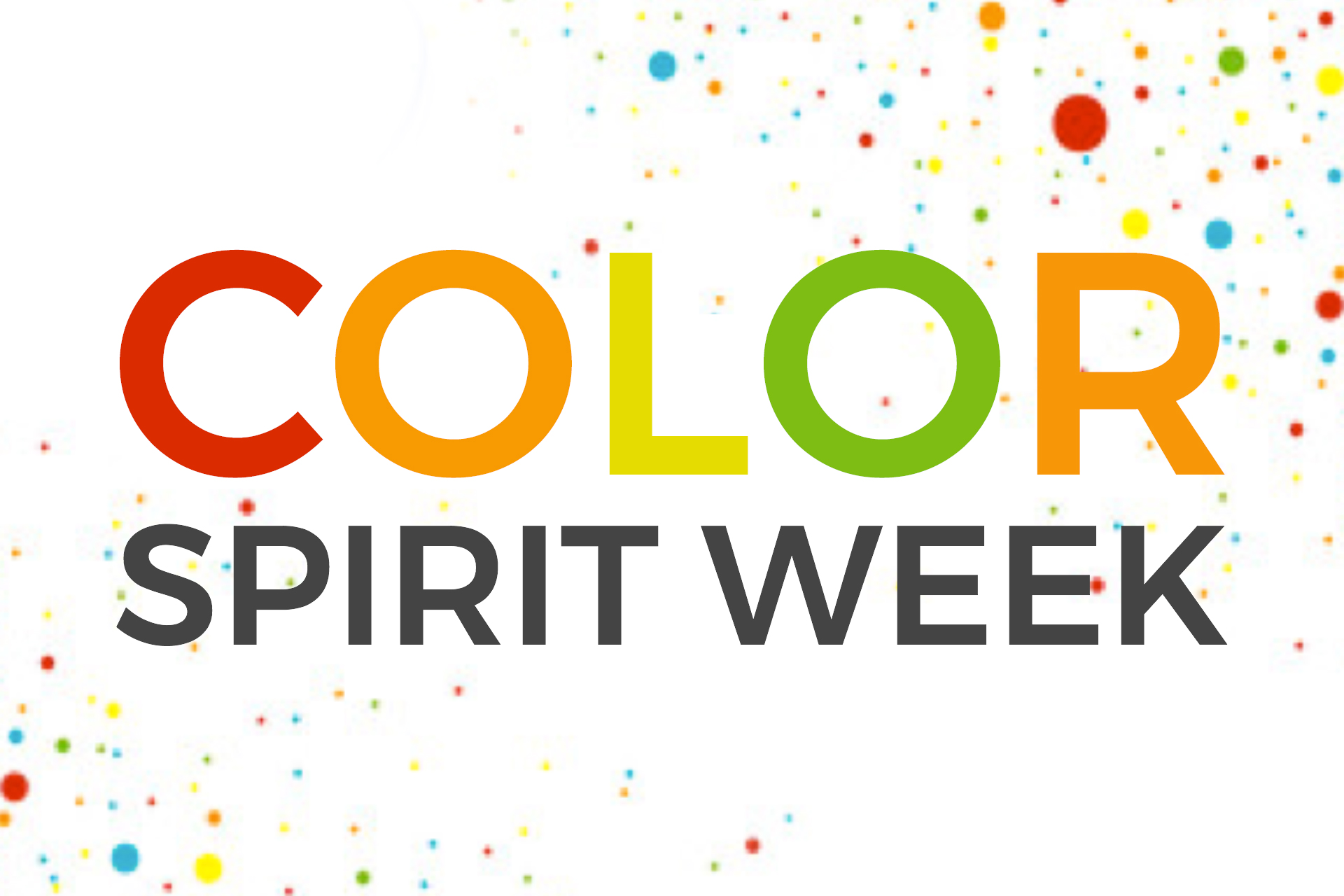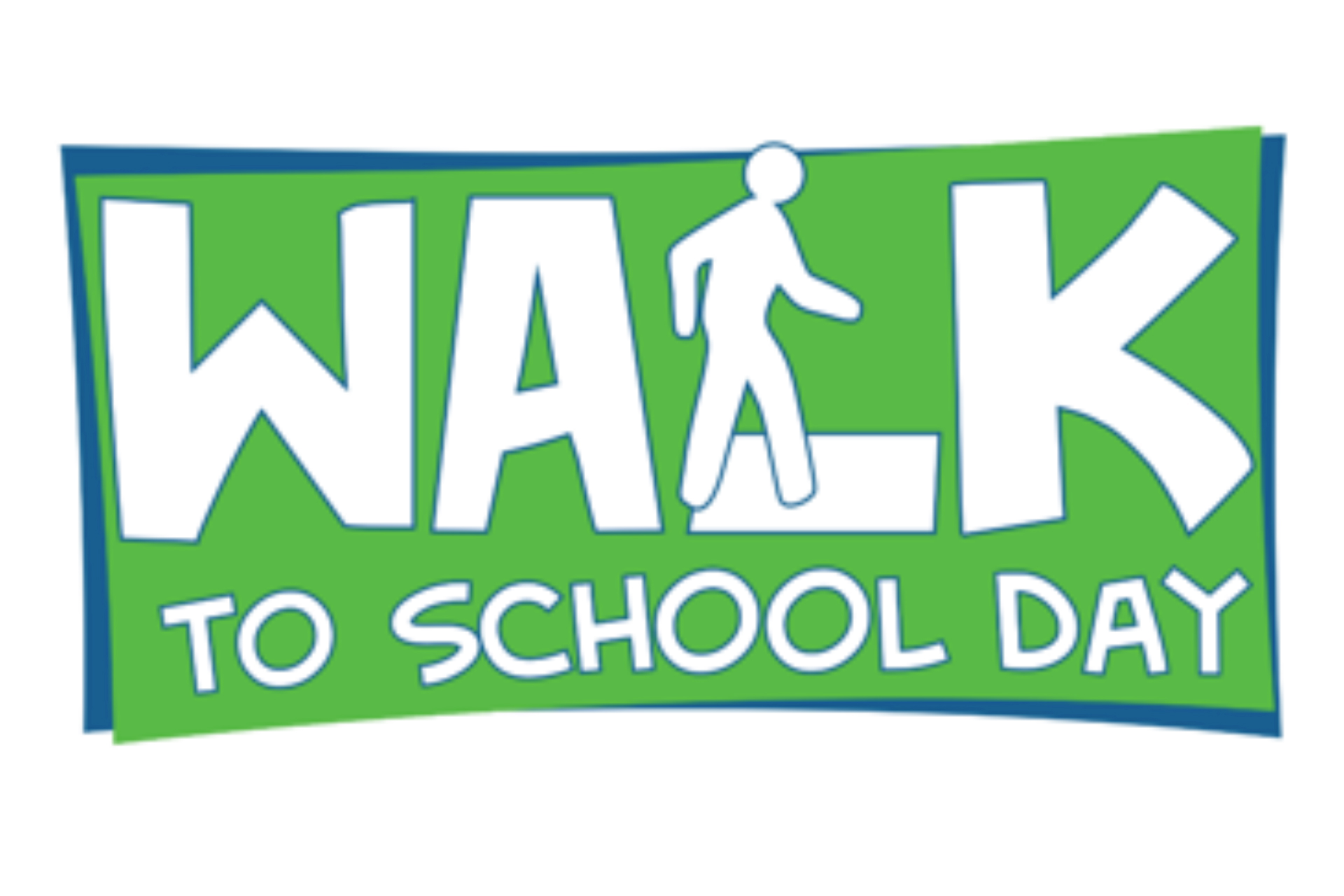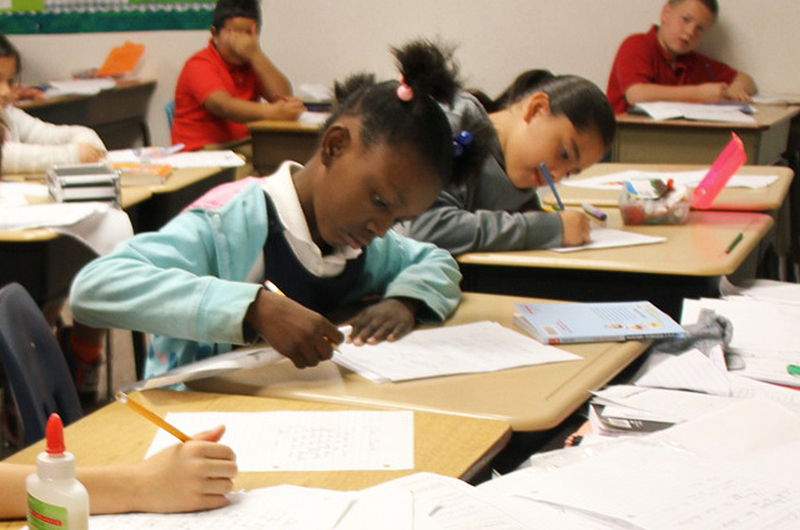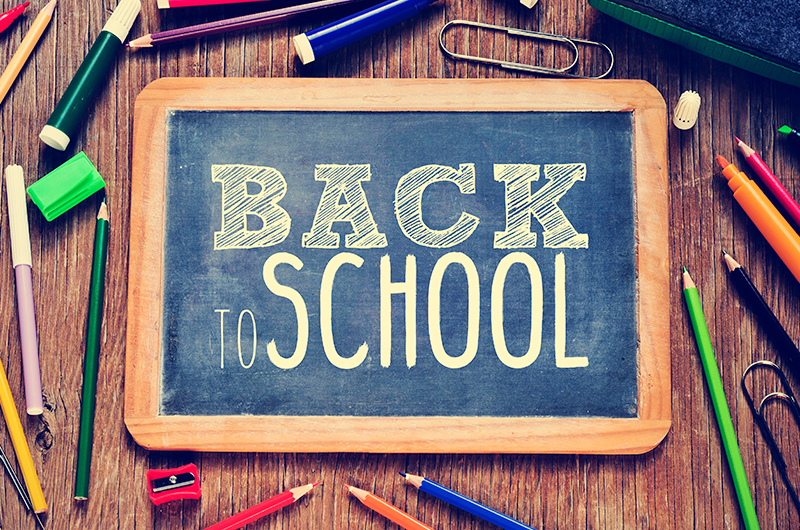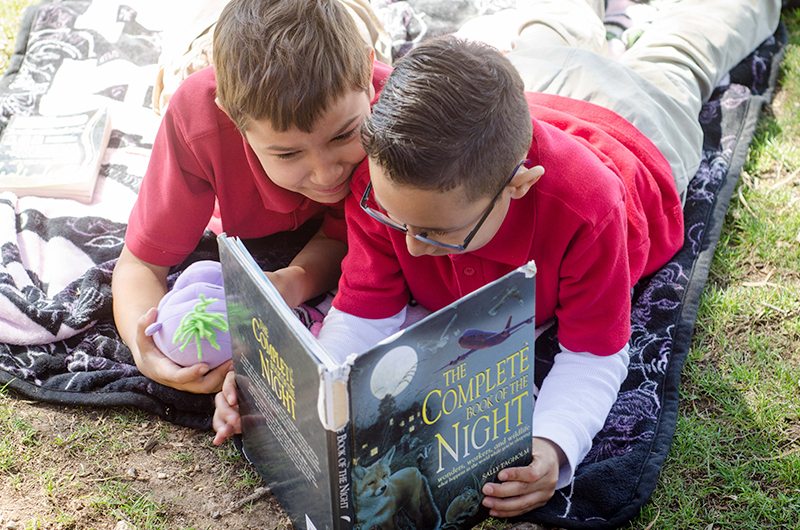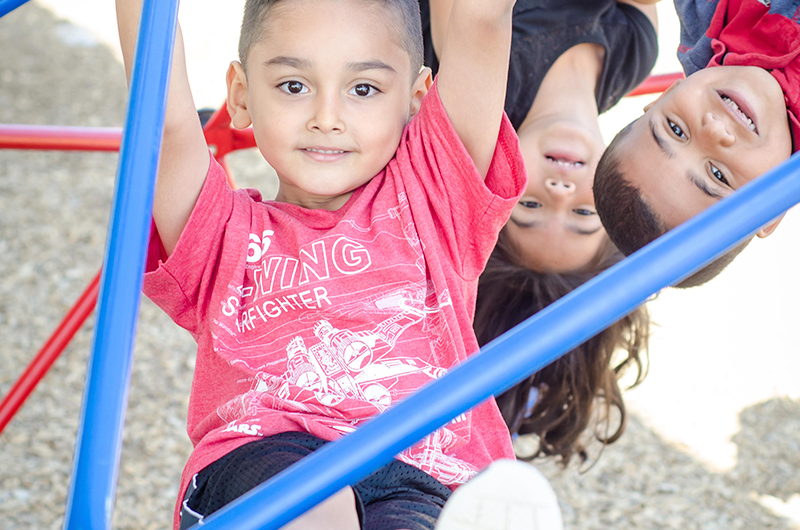If you donate to Heritage Elementary by April 16, 2018, you can subtract your donation from what you owe the state on your 2017 tax return. Individuals can donate up to $200, joint filers can donate up to $400. It’s a win-win!
To celebrate the end of an excellent first quarter, Williams students in grades 7-8 will have the opportunity to display their school spirit by wearing the color of the day throughout the upcoming Spirit Week, October 2-6.
Join Williams’ effort to become part of a national movement on October 4, by joining nearly 4,000 schools walking to school to improve physical and mental health.
Fall begins every year on the day of the autumnal equinox. Typically, this event takes place on September 22 or 23. This year, the equinox will happen on September 22 at 1:02 p.m. MST.
Parents will do anything for their children. So, it should come as no surprise that when children are agonizing over nightly homework assignments, parents are eager to alleviate the pain by offering their help. This raises several questions: What are the best ways to help kids with homework, and how much help is too much?
Here are two fortuitously coincidental facts: the sun is approximately 400 times further away from us as the moon, and the moon is approximately 400 times smaller than the sun. Because of that cosmic congruence, the moon and the sun appear to be the same size. The reason it’s fortuitous is that, during a solar eclipse, the moon exactly covers the face of the sun, allowing spectators a rare chance to see the sun’s atmosphere, or corona.
Parents and students are invited to Heritage’s Open House Meet and Greet on Tuesday, August 1, from 12 to 4 p.m. Come to meet your student’s new teacher, see their new classroom, and drop off school supplies.
As a new academic year begins, students start school with new goals, opportunities, and challenges. After a few months of vacation, it may be difficult for children to get back into school mode. Here are some ways parents can help their kids transition from summer break into the school routine.
Other than perhaps pagers in the 1990s, it’s difficult to think of any product designed for adults which has become as ubiquitous among kids as mobile devices have become. (Tell your kids about pagers. It’ll make them laugh.) Smartphones—and, to a lesser extent, tablets—are a necessity in most children’s lives.
Is your child refusing to eat anything but chicken nuggets and french fries? All too often, kids are bingeing on unhealthy snack foods instead of fruits and vegetables—children today can go days without consuming any greens at all. The American Academy of Pediatrics (AAP) suggests vegetables should be consumed with every meal and snack. However, produce intake can be difficult when kids are picky eaters.
While it seems like summer break just started, it won’t be long before school begins again, which makes this a good time to sit down with your kids to choose a few things they can accomplish before summer ends.
School’s out, the little tykes have been on vacation for a week, and they’re already bored. How are you going to make it to August? Here are some ideas on how parents and children can get through the summer and have a good time doing it just by planning fun things to do every day. It’s easier than you think.


